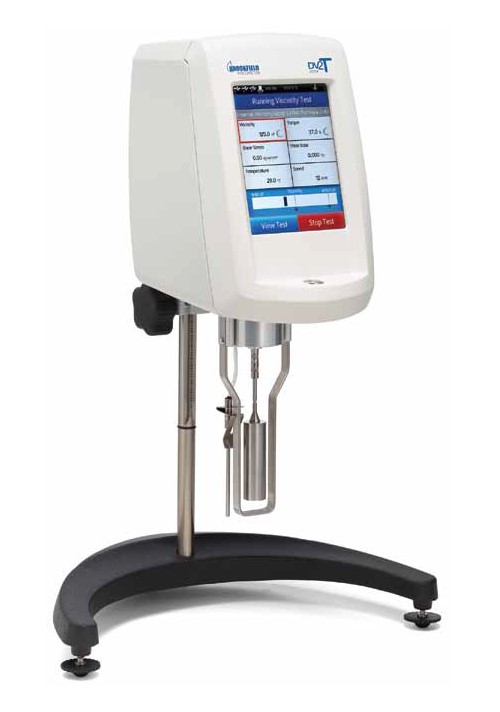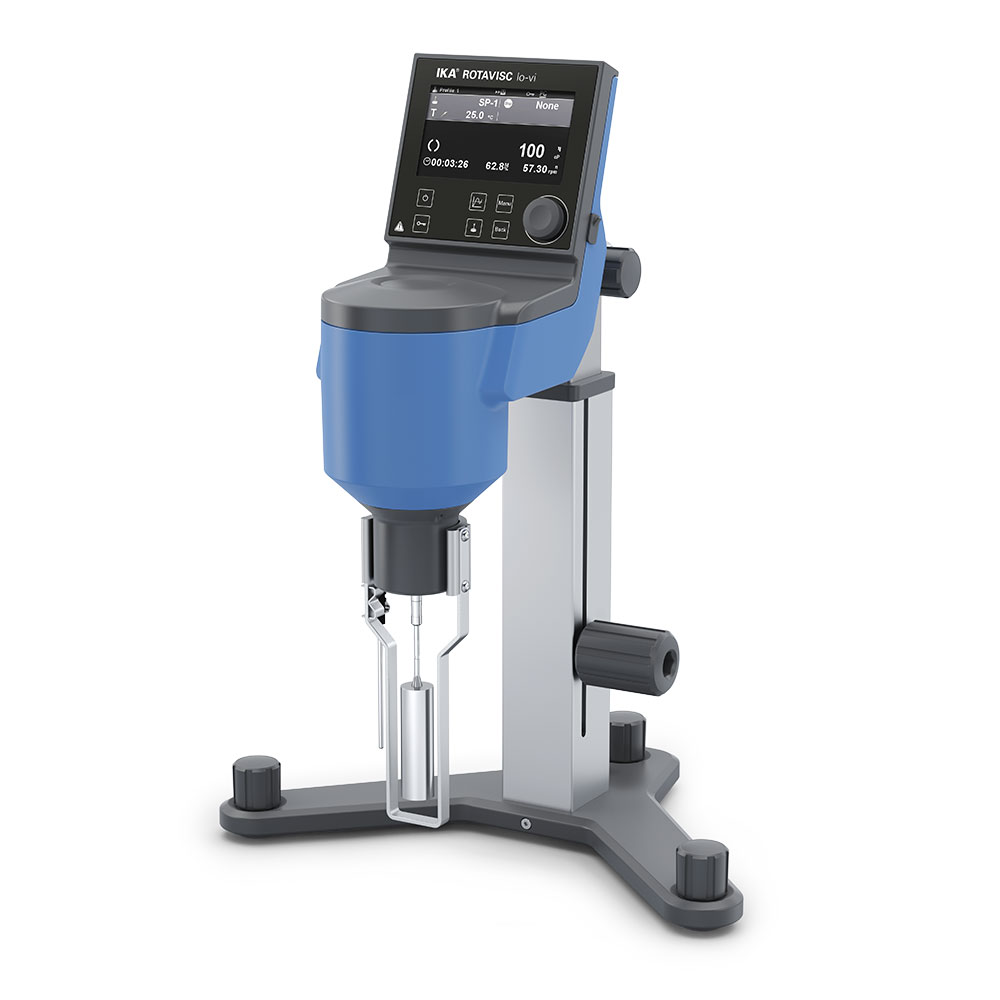
Viscometer Brookfield DV2T-LV is a sophisticated piece of equipment designed to measure the viscosity of fluids with precision. Its name might sound a bit technical, but let me break it down for you.
Firstly, “Brookfield” is the brand, a reputable one in the world of viscosity measurement instruments. “DV2T-LV” signifies that it’s a digital viscometer, and the “LV” likely stands for “Low Viscosity,” indicating its capability to handle fluids with lower viscosity levels.
Now, let’s talk about the features. The “DV2T” part suggests it’s part of the DV2T series, which typically includes touch-screen controls for user-friendly operation. The touch-screen interface allows for easy navigation and programming of test parameters. This viscometer is likely equipped with a variety of spindle options to accommodate different viscosities.
The “LV” designation emphasizes its suitability for measuring low-viscosity fluids, making it ideal for applications where precise viscosity control is crucial, such as in industries like pharmaceuticals, cosmetics, or food processing.
Overall, the Brookfield DV2T-LV Viscometer is a reliable and advanced tool for scientists, engineers, and professionals who need accurate viscosity measurements for their liquids, particularly those on the thinner side of the viscosity spectrum.
5.7-inch Full Color Touch Screen Display
Displayed Info:
- Viscosity (cP or mPa•s)
- Temperature (°C or °F)
- Shear Rate/Stress
- % Torque
- Speed/Spindle
- Step Program Status
Auto Range Showing
Accuracy: ±1.0% of range
Repeatability: ±0.2%
Built-in RTD Temperature Probe
4 spindles (LV)
VISCOSITY RANGE cP(mPa•s) 15-6M
Viscometers are essential instruments used to measure the viscosity of fluids, which is the resistance of a fluid to flow. Here are some common applications of viscometers across various industries:
Quality Control in Manufacturing:
In industries like pharmaceuticals, cosmetics, and food production, maintaining the right viscosity ensures product consistency and quality. Viscometers help in monitoring and controlling the viscosity of various formulations.
Oil and Gas Industry:
In the oil and gas sector, viscometers are used to measure the viscosity of crude oil, lubricants, and drilling fluids. This information is critical for optimizing processes and ensuring the efficiency of equipment.
Chemical Industry:
Chemical processes often involve fluids with specific viscosity requirements. Viscometers are used to monitor and adjust viscosity during the production of chemicals, polymers, and coatings.
Biomedical Applications:
In medical research and diagnostics, viscometers are used to study the viscosity of biological fluids such as blood or synovial fluid. This information can be valuable for understanding certain medical conditions.
Paint and Coating Industry:
Achieving the right viscosity is crucial in the paint and coating industry to ensure proper application and coverage. Viscometers help in formulating and maintaining the desired viscosity of paints and coatings.
Research and Development:
Scientists and researchers use viscometers to study the flow behavior of various substances. This information aids in the development of new materials and understanding the rheological properties of fluids.
Environmental Monitoring:
Viscometers can be used in environmental studies to measure the viscosity of water or other fluids, providing insights into environmental conditions or pollution levels.
Ink and Printing Industry:
Controlling the viscosity of inks is crucial in the printing industry to ensure smooth and consistent printing processes. Viscometers play a key role in quality control during ink formulation.
Polymer Industry:
In the production of polymers, viscometers help monitor the viscosity of polymer solutions or melts. This information is vital for ensuring the desired properties in the final polymer product.
Food and Beverage Industry:
Viscosity is a critical parameter in the food and beverage industry for products like sauces, syrups, and beverages. Viscometers help maintain the desired texture and consistency of these products.
In summary, viscometers find extensive use in a wide range of industries where understanding and controlling the viscosity of fluids is essential for product quality, process optimization, and research purposes.
